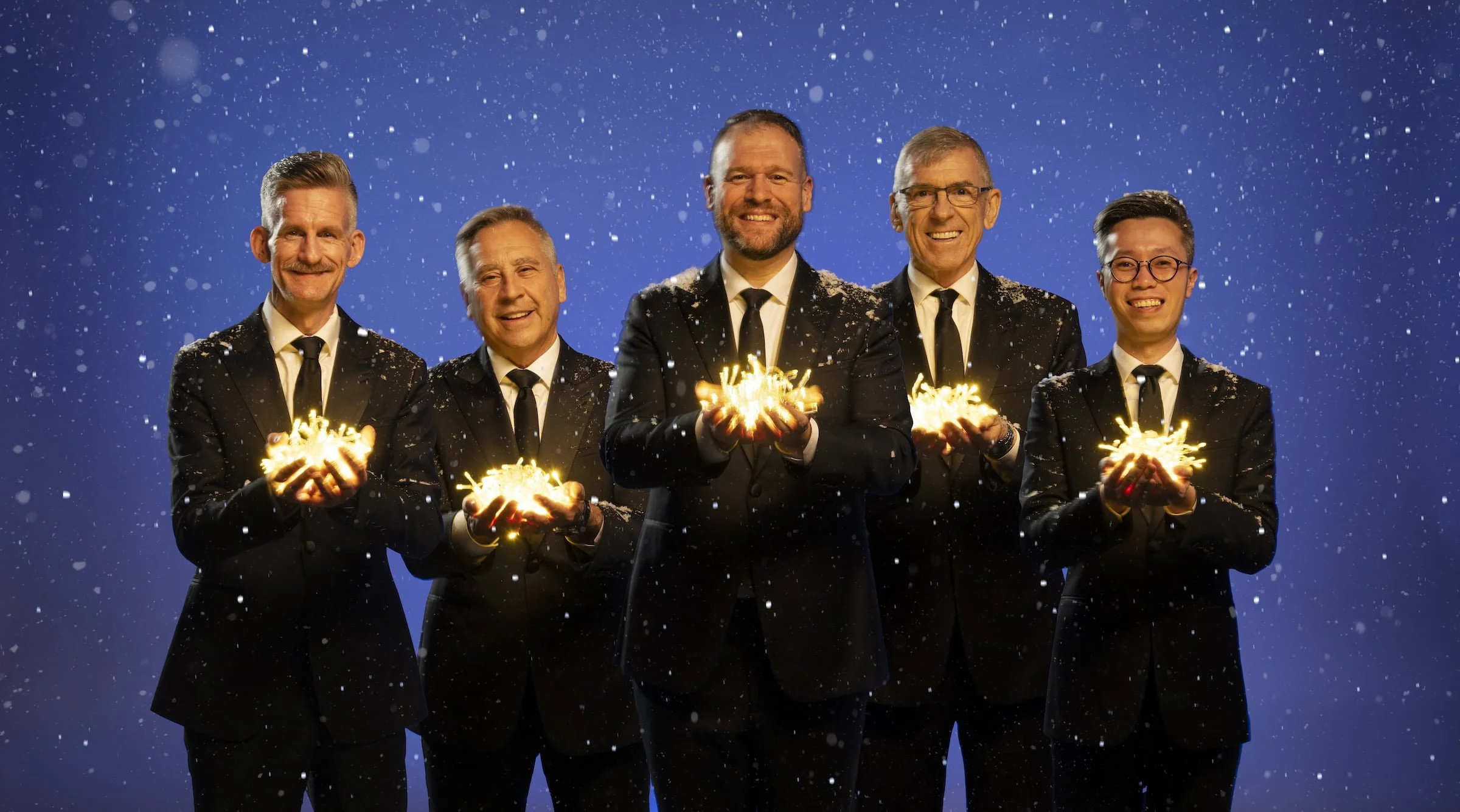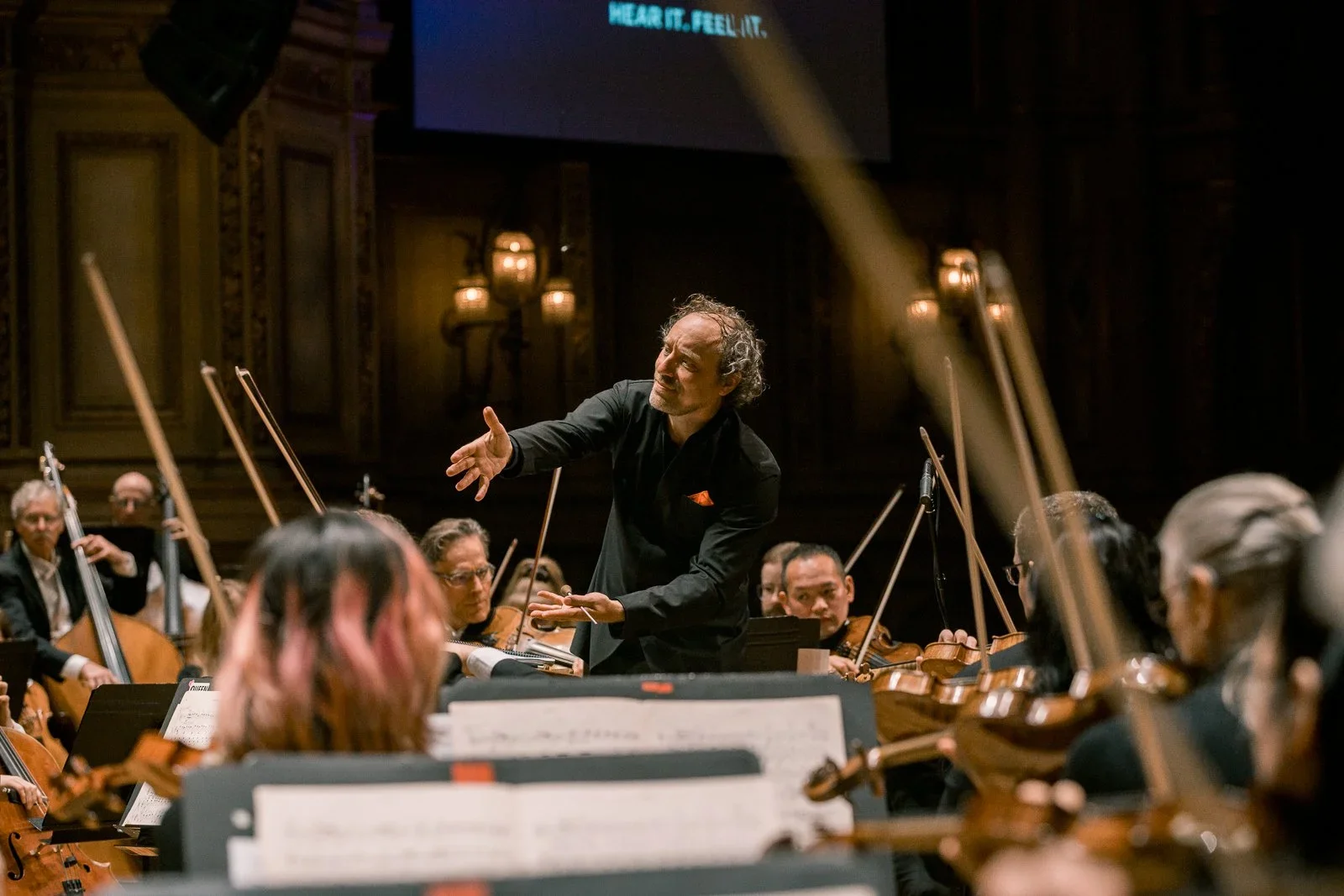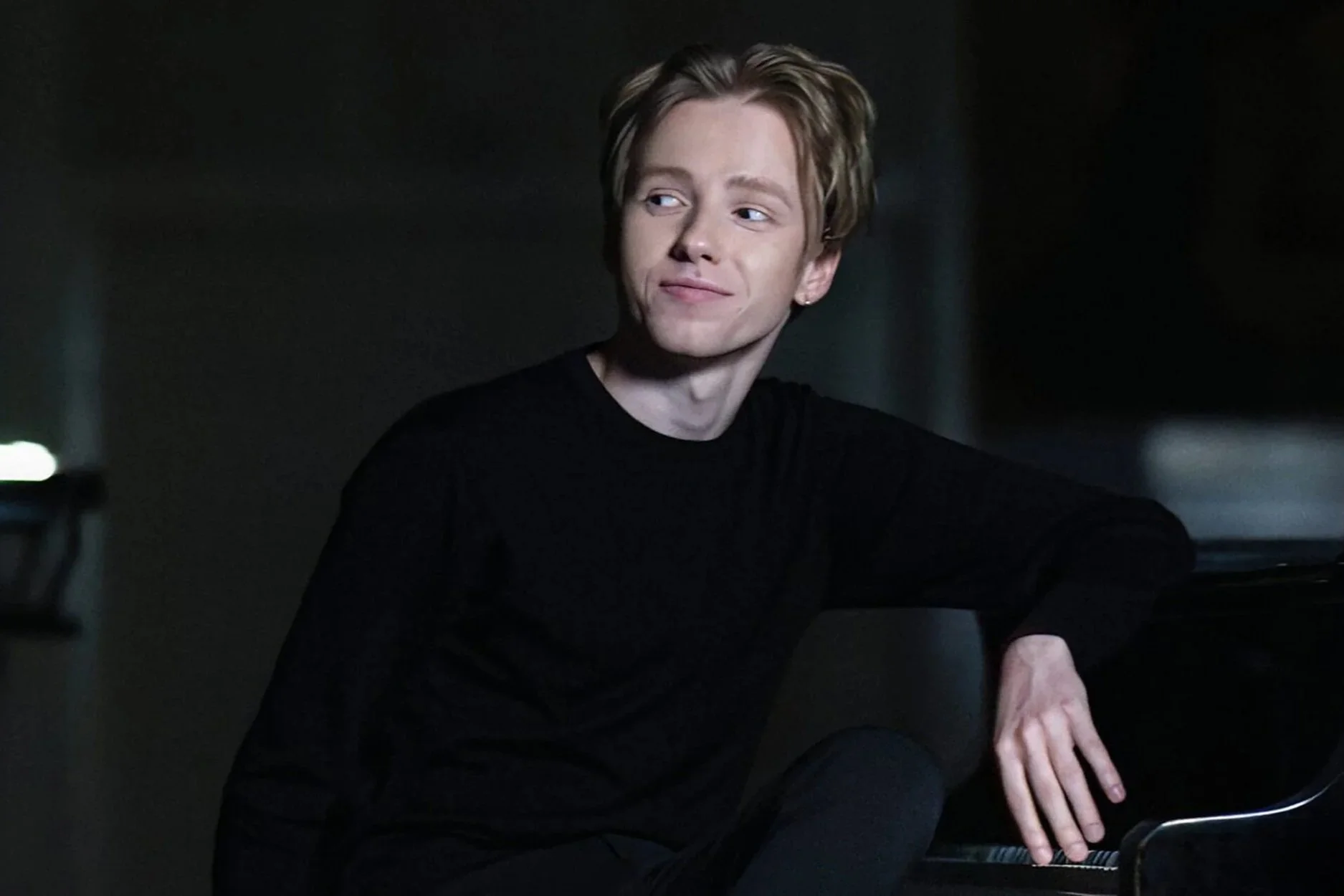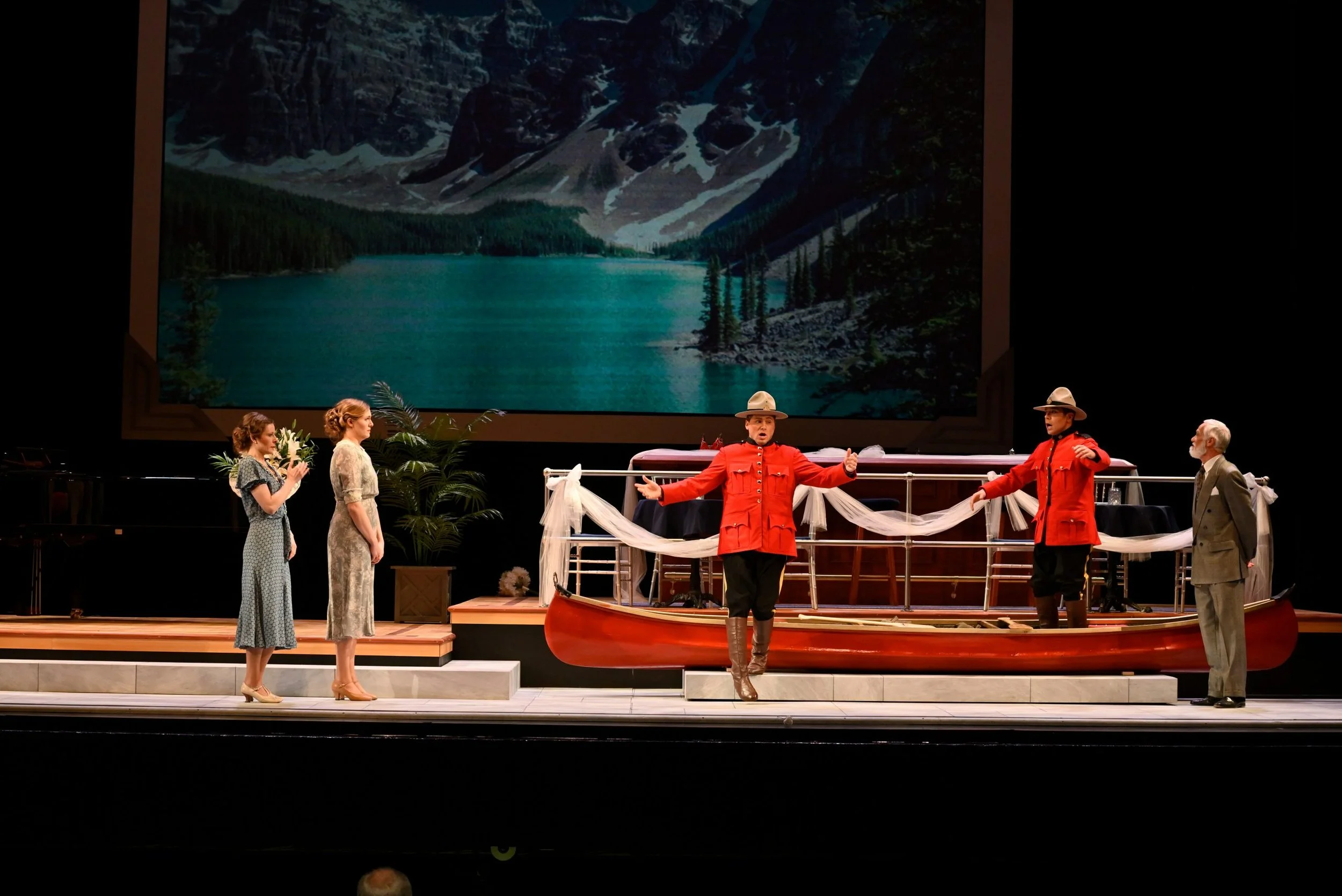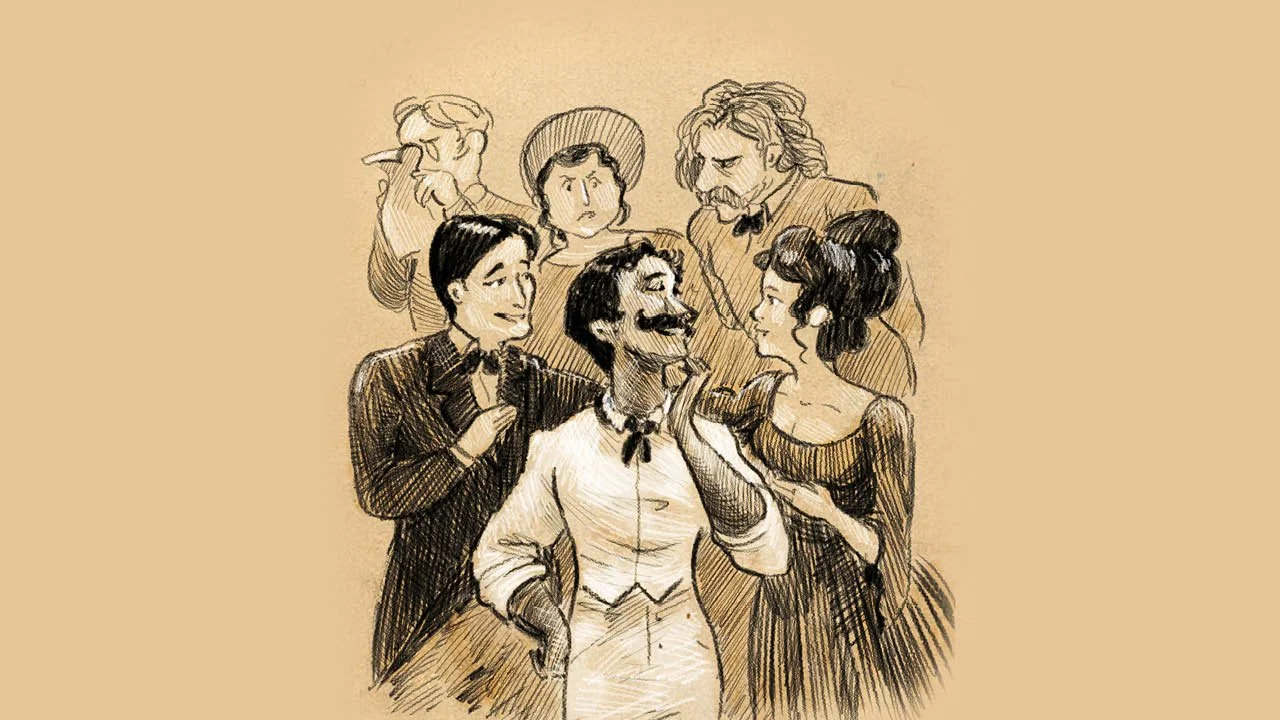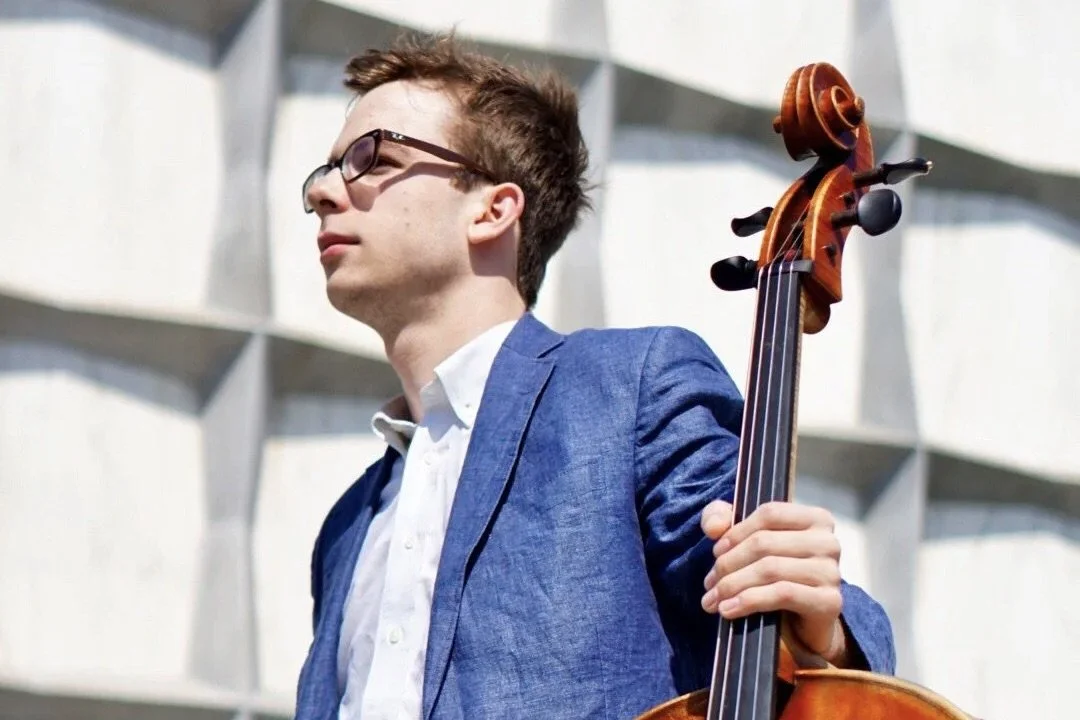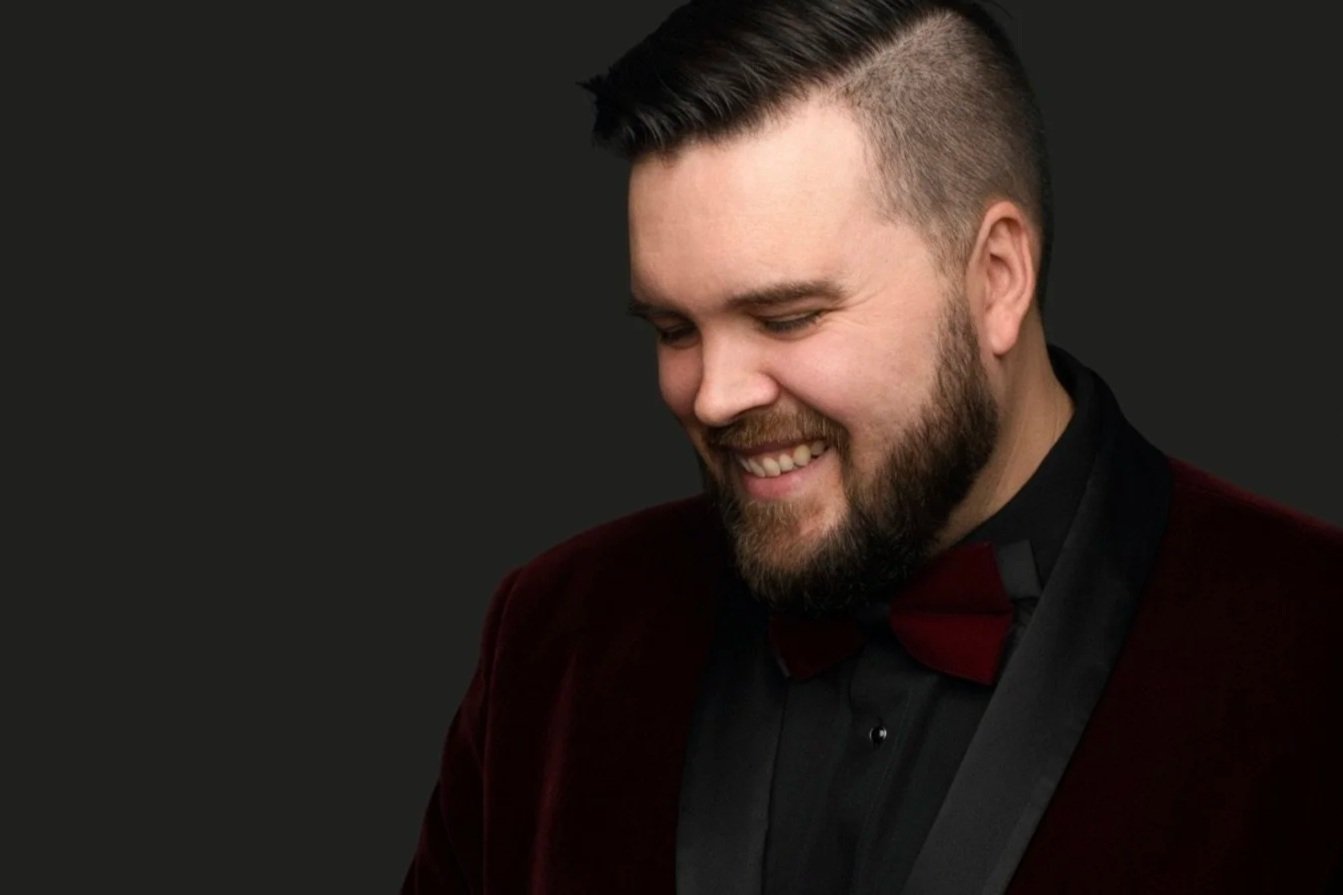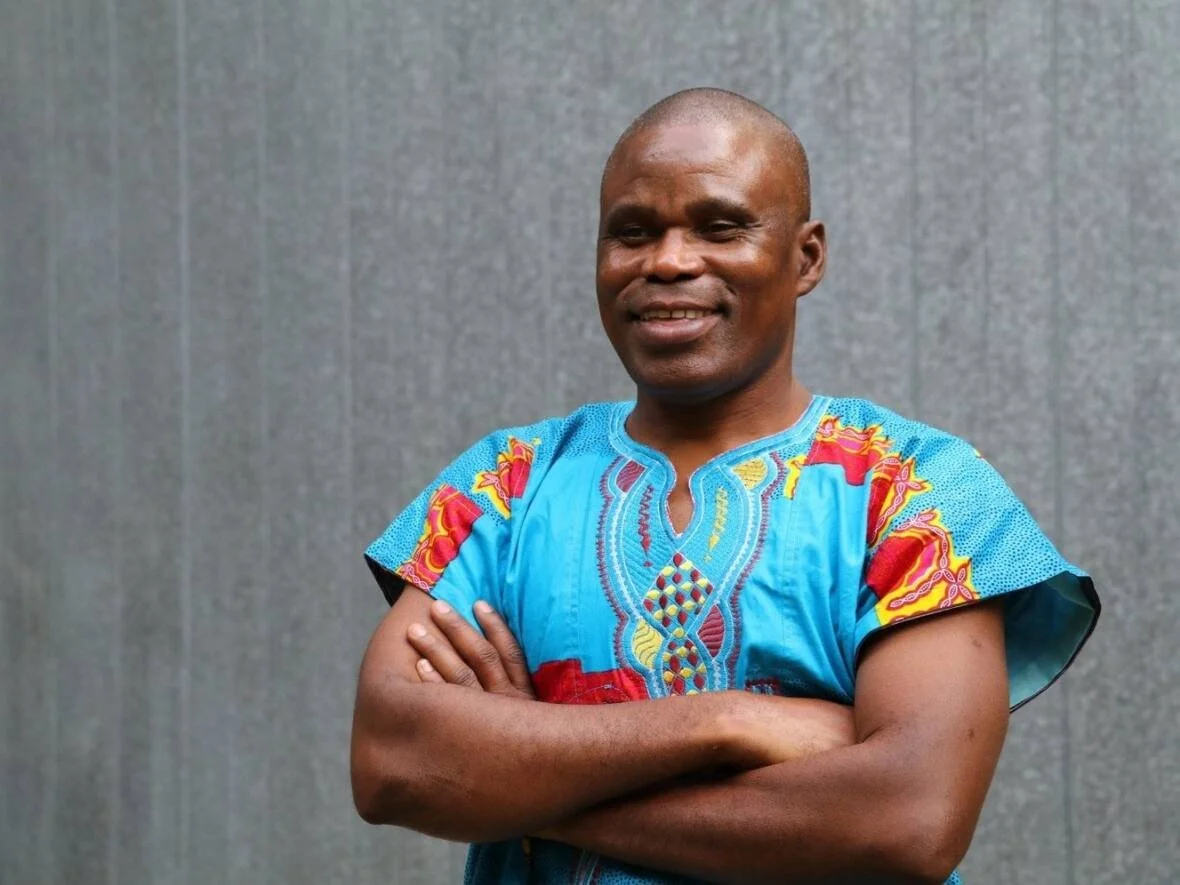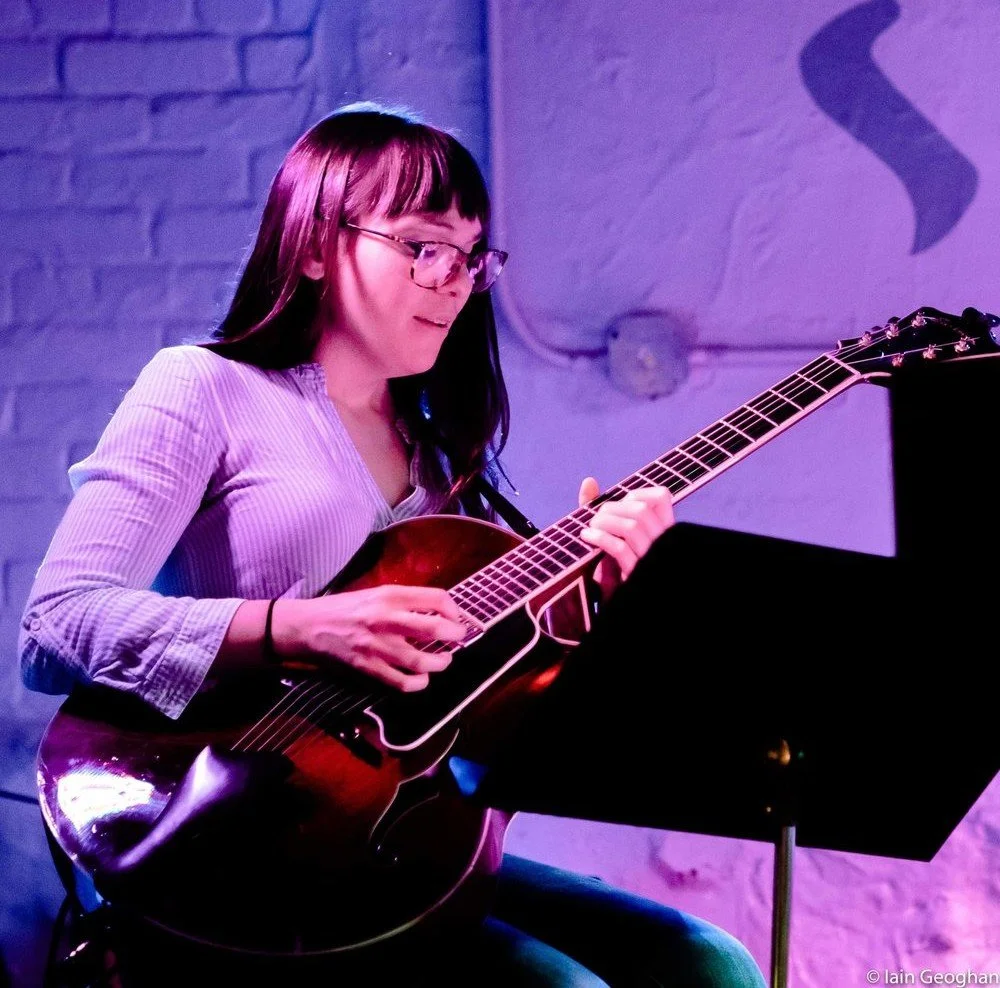Vancouver composer-violinist Cameron Wilson gets serious in Christmas With Chor Leoni
The artist’s “A Midnight Clear” has its world premiere at the singing lions’ 2023 seasonal concert
Cameron Wilson. Photo by Vincent Lim
Chor Leoni presents Christmas With Chor Leoni at St. Andrew’s-Wesley United Church on December 15, 16, and 18
IF THERE’S A single word to describe the musical style of Vancouver composer, arranger, and violin virtuoso Cameron Wilson, it’s diverse. The fiddler excels in everything from classical to swing to Celtic music, and, as a writer, he has a thing for parodying pieces. Consider his send-up for his former band Joe Trio of the Pink Panther theme called “A Broad History of Western Music with Apologies to Henry Mancini Opus 1” and his pairing of great artists with 1970s TV shows—think The Flintstones meets Joseph Haydn and Rachmaninoff does Sesame Street. It turns out that Wilson has a serious side, too, however. In a departure from so much of his portfolio is “A Midnight Clear”, his reinvention of the Christmas carol “It Came Upon a Midnight Clear”, which will have its world premiere performed by Chor Leoni at the singing lions’ 2023 Christmas concert.
“I’m more known for musical parody and taking a wacky spin on things, so a serious piece is a new direction for me,” Wilson says in an interview with Stir.
Of all the Christmas carols, “It Came Upon a Midnight Clear” has always stood out for the local artist. It goes back to 1849 and a poem by Edmund Sears, who was a pastor of the Unitarian Church in Wayland, Massachusetts.
“I’ve always loved that carol,” Wilson says. “I love the melody. It’s an unusual melody with a lot of leaps. And it’s beautiful; the minor section in the middle goes back to the major.”
The lyrics include “It came upon the midnight clear,/that glorious song of old,/from angels bending near the earth/to touch their harps of gold:/Peace on the earth, good will to men/from heaven’s all-gracious King./The world in solemn stillness lay/to hear the angels sing.”
Chor Leoni artistic director Erick Lichte played a role, the new piece bearing three distinct sections: The Mystery, The Message, and the Hoe-down of Hope. From there, Wilson says, the music just flowed.
“The verses are the same, but Erick rearranged the order of the words into a story,” says Wilson, who’s also a member of gypsy jazz ensemble Van Django. “That was the starting point where I could start to hear the piece. The three sections flow nonstop; they segue into each other. Once I had all those sections, the piece came quickly. Erick said, ‘Cam, I want you to write something that’s yours.’
“I think it’s a good piece only because once I’d written a lot of melodies, I kept humming them. If I can remember them, I think it’s probably good,” he adds with a laugh. “I like mixing genres, playing different styles. I like playing swing, jazz, classical music, Celtic music, and I love fiddling. There’s a little bit of everything in this piece. The finale of this piece is lively. It’s not a sea shanty but it has that kind of feel to it.”
Christmas With Chor Leoni. Photo by David Cooper.
The varied concert program also features “I Saw Three Ships” arranged by Ed Henderson, “A Fantasy of Carols” by Chor Leoni composer in residence Don Macdonald, “Star of Wonder” by Terre Roche, “Hail Mary” by William Dawson, “New Year’s Carol” by Ola Gjeilo, and “Auld Lang Syne” arranged by Lichte, among other pieces. Then there’s the choir’s signature closing carol, “Silent Night” by Franz Gruber.
“A Midnight Clear” features piano, harp, acoustic guitar, percussion, and violin; Wilson will perform the fiddle part. (“The last section is very fiddle-esque,” he says.) The artist, for whose former band Mad Pudding he wrote “Hiccup de Tango”, says that his new piece is ultimately about having faith in a brighter future; it’s an antidote to what the world is facing these days.
“It’s really about hope,” Wilson says. “With everything going on in the world right now, the world going mad, the fighting and suffering, it’s about hope for peace, a better future, that people can live together.



